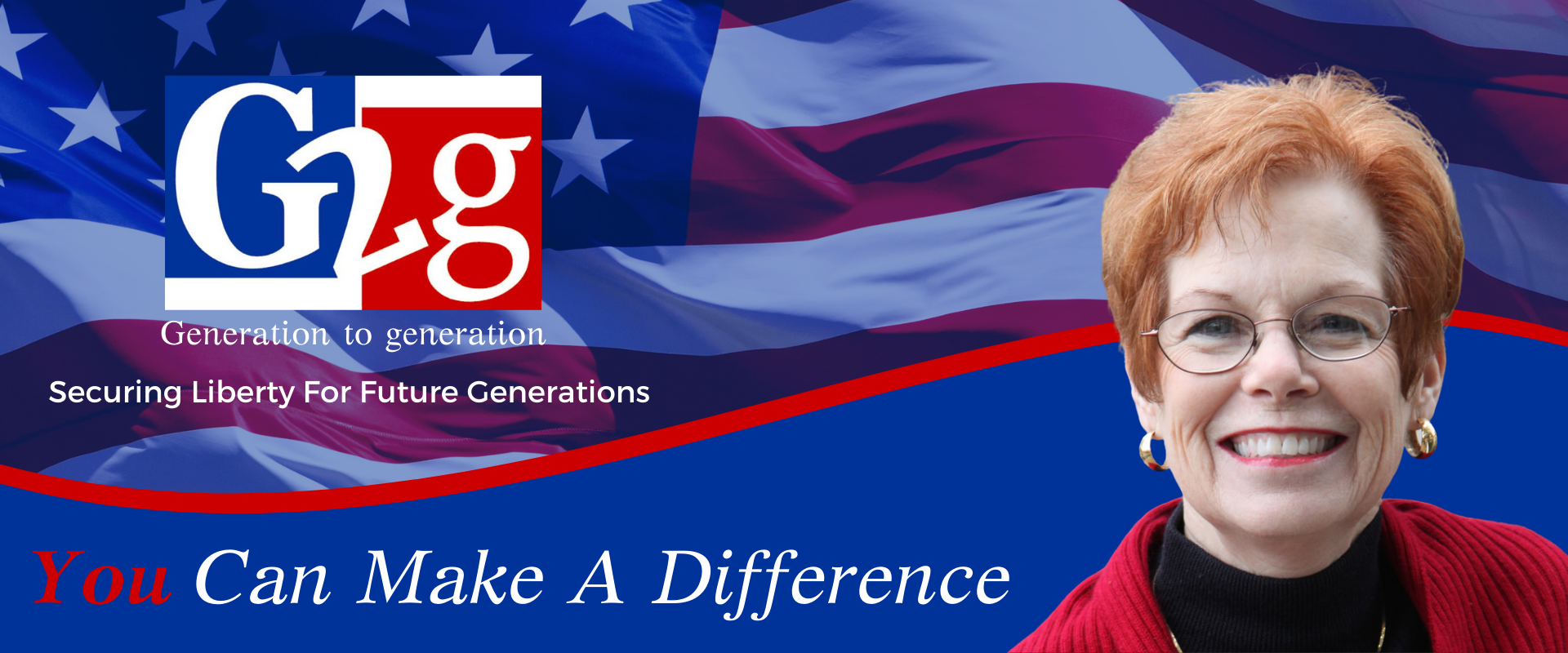“An elective despotism was not the government we fought for; but one in which the powers of government should be so divided and balanced among the several bodies of magistracy as that no one could transcend their legal limits without being effectually checked and restrained by the others.” – –James Madison, Federalist No. 58, 1788
As has been discussed in this blog for the last month, the Founders were well aware of the propensity of government to become despotic if not carefully checked. They understood the heart of man, unless self-restrained through faith, is deceitful. Because of this belief they had a natural distrust of civil government. Therefore, they devised a system that splits the power between three distinct branches of government.
Almost all of them had a natural aversion to one man or one branch having too much power. In fact, they envisioned a system where the people had the most power which is why the very first thing they did was establish the Legislative Branch. This branch was the people’s branch as those elected represented the people. They honestly believed the people would watch closely and hold their elected representatives accountable. So of the three branches the Legislative Branch has the most power.
Now, we know that over the years this power has been given away by the elected representatives themselves. By allowing the judiciary to make law (usually laws that “We the people” would not approve) they have abrogated the responsibility given them in the Constitution, of being the law makers. They have also allowed the Executive Branch to overstep its bounds into making law unilaterally. The sad truth is that had the American people been watching closely throughout the years the growth of government would have been checked.
The Founders specifically spell out in the preamble to the Constitution the powers and purpose of the federal government. They are few and they are limited. First to form a perfect union of the states for the purpose of 1) establishing justice, 2) insure domestic tranquility, 3) provide for the common defense, 4) promote the general welfare and 5) secure the blessings of liberty to each generation. That is all the federal government was to do. Each article lays out specific duties of each branch all of which fall into the above categories. Everything else was left up to the states and their citizens to provide.
Unfortunately, the misapplication of the “general welfare” clause is what has caused the expansion of the federal government. I’ll tackle that in another blog post.
Dinner Table Discussion Question: How does too much power corrupt?
